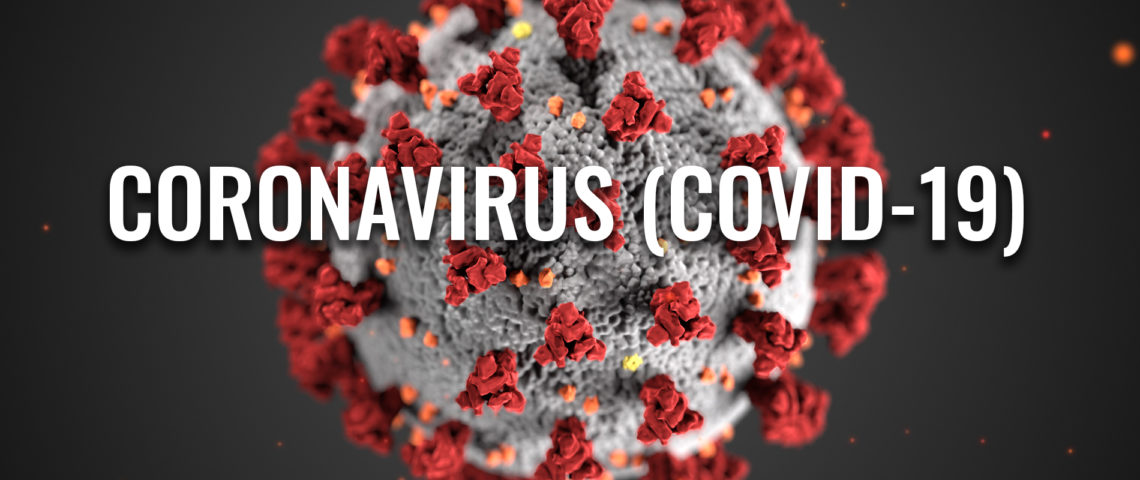IPRE Policy Brief: Institutional framework and competences of public actors during the state of emergency

The institutional framework during the state of emergency is dispersed, and some of the powers of the Commission for Exceptional Situations (CES) are duplicated or even replaced. The public communication is unstructured, with contradictory information from several actors presented at the same time. Furthermore, some actions of the President of the Republic of Moldova do not fully correspond to his competences provided by the Constitution and other laws. Intervention via calls to the Chairman of the Constitutional Court on pending cases – review of constitutionality of Law no. 56/2020 – are not in line with the Constitutional provisions and are an interference in the independence of the Constitutional Court.
These are the main conclusions of the policy brief, developed by the Institute for European Policies and Reforms (IPRE), which analyses in detail the institutional framework created under the existing legislation on the state of emergency, established in response to the COVID-19 pandemic. The analysis presents, in particular, the competences of the public actors involved in the management of the state of emergency, answers to the question if the available administrative resources and the instruments assigned by law are efficiently used and, finally, offers a set of recommendations.
According to the author of the document, Iulian Rusu, Deputy Executive Director of IPRE, the Extraordinary National Commission of Public Health created at the initial stage of the pandemic, did not use all the available competences, such as the early declaration of the state of emergency in public health, the enforcement and the control on the implementation of rigorous rules on the movement of persons, timely equipping of the front line actors and the preparation of the necessary infrastructure for the reception of patients.
At the same time, the latest actions of the Commission for Exceptional Situations, in particular the creation of the COVID-19 Chisinau Public Health Institution and the Center for the coordination of external assistance to fight the consequences of the CODIV-19 pandemic are positive examples that are part of the coordination tactics and which focus the efforts to effectively manage infected patients and available external assistance.
Based on the analysis, the author of the policy brief comes with a series of recommendations:
- Observance by the President of the Republic of Moldova of the Constitutional provisions, especially articles 84-88, 93 and 94, which expressly establish his
- Immediate termination and subsequent non-admission of the interference of the President of the Republic of Moldova and of other actors in the activity of the Constitutional Court, the Government and the CES, which have distinct functions established by law.
- Compliance with the existing legal framework, providing the Commission for Exceptional Situations with the central crisis management position caused by the COVID-19 pandemic.
- Ensure a coordinated, complete, early and coherent strategic communication on the held information, taken the actions and decisions by the CES during the emergency period.
- Proper equipment with protective supplies and priority testing of medical staff and other front line public sector employees.
The Policy Brief was prepared within the IPRE project “Public policy briefs”, implemented with the support of the Konrad Adenauer Foundation (KAS) in the Republic of Moldova. The opinions reflected in this publication belong to the authors and do not necessarily reflect the opinion of KAS.
Fullscreen Mode
